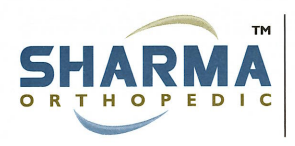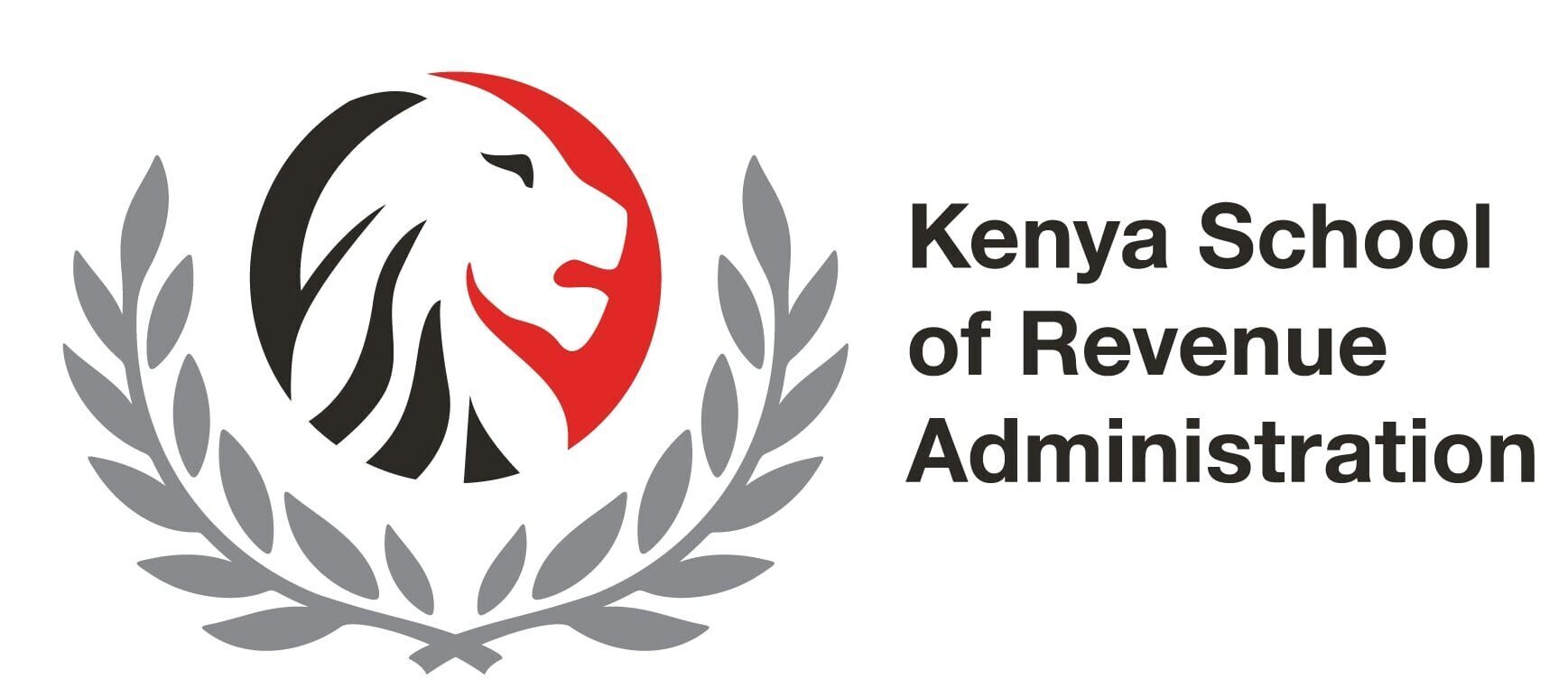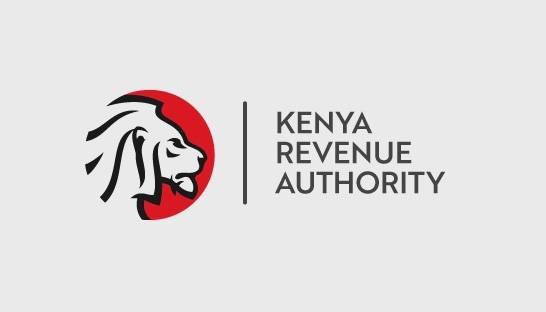If the mixed/consolidation/hawkers’ justification was relied on by KRA , was consideration done that a 40foot container can carry a maximum of 27,600kgs and maximum volume of 32,meters cubed. The gross weight of the consignment is 17,690 kgs.
28th July 2022
The Chief Manager, Valuation,
Customs & Border Control
Kilindini, Mombasa
Kenya Revenue Authority
Dear Sir,
REF: Notice of Objection to Transaction Value Variation
We are writing to object to the proposed, valuation of stainless-steel hotpots, of various dimensions , imported vide Entry Number xxxxxxx of 30th,June 2022 as per section 229 of EACCMA and Section 122 of EACCMA, quoted below for ease of reference as well as read with Articles of the fourth schedule of EACCMA.
Section 229 of EACCMA
- (1) A person directly affected by the decision or omission of the Commissioner or any other officer on matters relating to Customs shall within thirty days of the date of the decision or omission lodge an application for review of that decision or omission.
(2) The application referred to under subsection (1) shall be lodged with the Commissioner in writing stating the grounds upon which it is lodged.
Section 122 of EACCMA
- (1) Where imported goods are liable to import duty ad valorem, then the value of such goods shall be determined in accordance with the Fourth Schedule and import duty shall be paid on that value.
(2) Upon written request, the importer shall be entitled to an explanation in writing from the proper officer as to how the Customs value of the importer’s goods was determined.
Analysis of the Items Affected by Customs Valuation
| Item Description | Declared
Value (USD) |
Proposed
Value (USD) |
%
Change |
| Stainless Steel Hotpot
4PCS/SET/1/1.5/2.5/3.5L |
4.50
|
8.00 | 78%
|
| Stainless Steel Hotpot
6PCS/SET/0.5/1.5/3.5/5/7.5L |
10.25
|
16.00 | 56%
|
| Stainless Steel Hotpot
1PC/SET/10L |
3.00 | 7.80 | 160%
|
| Stainless Steel Hotpot
3PCS/SET/5/7/7.5/10L |
7.25
|
11.50 | 59%
|
1) The percentage increases by the KRA range from. 59% to 160%. This kind of percentage increase calls for a re-examination of the declarations used by KRA to identify identical or similar goods.
2) Given that the KRA has relied on historical data for the uplifts, are the hotpot values used for comparative analysis, identical, or similar.
3)The imported items cannot be considered a consolidation or hawkers Goods, or mixed goods. Please refer to the HS Classification of the imported goods.
4) Application of Articles 2 and 3 is not possible in the Kenyan situation, because KRA verification officers do not input the make, model, size, (all the details of the items). Therefore, it is very unlikely that the information relied on is for identical or similar goods.
5) If the mixed/consolidation/hawkers’ justification was relied on by KRA , was consideration done that a 40foot container can carry a maximum of 27,600kgs and maximum volume of 32,meters cubed. The gross weight of the consignment is 17,690 kgs.
Extracted below please find extracts from the WCO articles of valuation to assist in the determination of the accuracy of the valuation methodology applied by KRA.
Article 1 of the WCO Rules of Valuation
- The customs value of imported goods shall be the transaction value, that is the price actually paid or payable for the goods when sold for export to the country of importation adjusted in accordance with the provisions of Article 8.
Article 2 of the WCO Rules of Valuation
- (a) If the customs value of the imported goods cannot be determined under the provisions of Article 1, the customs value shall be the transaction value of identical goods sold for export to the same country of importation and exported at or about the same time as the goods being valued.
(b) In applying this Article, the transaction value of identical goods in a sale at the same commercial level and in substantially the same quantity as the goods being valued shall be used to determine the customs value. Where no such sale is found, the transaction value of identical goods sold at a different commercial level and/or in different quantities, adjusted to take account of differences attributable to commercial level and/or to quantity, shall be used, provided that such adjustments can be made on the basis of demonstrated evidence which clearly establishes the reasonableness and accuracy of the adjustment, whether the adjustment leads to an increase or a decrease in the value.
- If, in applying this Article, more than one transaction value of identical goods is found, the lowest such value shall be used to determine the customs value of the imported goods.
Article 3 of the WCO Rules of Valuation
- (a) If the customs value of the imported goods cannot be determined under the provisions of Articles 1 and 2, the customs value shall be the transaction value of similar goods sold for export to the same country of importation and exported at or about the same time as the goods being valued.
(b) In applying this Article, the transaction value of similar goods in a sale at the same commercial level and in substantially the same quantity as the goods being valued shall be used to determine the customs value. Where no such sale is found, the transaction value of similar goods sold at a different commercial level and/or in different quantities, adjusted to take account of differences attributable to commercial level and/or to quantity, shall be used, provided that such adjustments can be made on the basis of demonstrated evidence which clearly establishes the reasonableness and accuracy of the adjustment, whether the adjustment leads to an increase or a decrease in the value.
- If, in applying this Article, more than one transaction value of similar goods is found, the lowest such value shall be used to determine the customs value of the imported goods.
Article 5 of the WCO Rules of Valuation
- (a) If the imported goods or identical or similar imported goods are sold in the country of importation in the condition as imported, the customs value of the imported goods under the provisions of this Article shall be based on the unit price at which the imported goods or identical or similar imported goods are so sold in the greatest aggregate quantity, at or about the time of the importation of the goods being valued, to persons who are not related to the persons from whom they buy such goods, subject to deductions for the following :
(i) either the commissions usually paid or agreed to be paid or the additions usually made for profit and general expenses in connection with sales in such country of imported goods of the same class or kind.
(ii) the usual costs of transport and insurance and associated costs incurred within the country of importation.
(iii) where appropriate, the costs and charges referred to in paragraph 2 of Article 8; and
(iv) the customs duties and other national taxes payable in the country of importation by reason of the importation or sale of the goods.
(b) If neither the imported goods nor identical nor similar imported goods are sold at or about the time of importation of the goods being valued, the customs value shall, subject otherwise to the provisions of paragraph 1 (a), be based on the unit price at which the imported goods or identical or similar imported goods are sold in the country of importation in the condition as imported at the earliest date after the importation of the goods being valued but before the expiration of 90 days after such importation.
- If neither the imported goods nor identical nor similar imported goods are sold in the country of importation in the condition as imported, then, if the importer so requests, the customs value shall be based on the unit price at which the imported goods, after further processing, are sold in the greatest aggregate quantity to persons in the country of importation who are not related to the persons from whom they buy such goods, due allowance being made for the value added by such processing and the deductions provided for in paragraph 1 (a).
Article 7 of the WCO Rules of Valuation
- If the customs value of the imported goods cannot be determined under the provisions of Articles 1 through 6, inclusive, the customs value shall be determined using reasonable means consistent with the principles and general provisions of this Agreement and of Article VII of GATT 1994 and on the basis of data available in the country of importation.
- No customs value shall be determined under the provisions of this Article on the basis of :
(a) the selling price in the country of importation of goods produced in such country.
(b) a system which provides for the acceptance for customs purposes of the higher of two alternative values.
(c) the price of goods on the domestic market of the country of exportation.
(d) the cost of production other than computed values which have been determined for identical or similar goods in accordance with the provisions of Article 6.
(e) the price of the goods for export to a country other than the country of importation.
(f) minimum customs values; or (Consolidation/Mixed Goods/Hawkers Goods)
(g) arbitrary or fictitious values.( Consolidation/Mixed Goods/Hawkers Goods
- If the importer so requests, the importer shall be informed in writing of the customs value determined under the provisions of this Article and the method used to determine such value.
Article 16 of the WCO Rules of Valuation
Upon written request, the importer shall have the right to an explanation in writing from the customs administration of the country of importation as to how the customs value of the importer’s goods was determined.
The following considerations should have been upheld in the determination of the transaction value.
1) The Transaction value forms the basis of the customs value with additions of Article 8
2) The period of consideration when considering values of identical or similar imported goods should be 90 days
3)The country of origin for any imported goods used for value comparison should be Hong Kong
4)KRA should not consider, the higher of two values during customs value determination.
5)KRA should not consider the price of goods on Hong Kong’s domestic market
6)KRA should not consider a set of Minimum Values(Consolidation/Mixed Goods/Hawkers Goods) in the determination of the Transaction value
7)KRA should not consider arbitrary values in the determination of values(Consolidation/Mixed Goods/Hawkers Goods)
9)The goods being considered for value determination should be from Hong Kong, if those from the same consignor are not available
10) The goods being considered for value determination should be adjusted for commercial and quantity consideration
Definition of Identical and Similar Goods
(a)Identical goods: means goods which are same in all respects, including physical characteristics, quality, and reputation. Minor differences in appearance shall not preclude goods otherwise conforming to the definition from being regarded as identical.
(b)Similar goods means goods which, although not alike in all respects, have like characteristics and like component materials which enable them to perform the same functions and to be commercially interchangeable. The quality of the goods, their reputation and the existence of a trademark are among the factors to be considered in determining whether goods are similar.
(c) Goods shall not be regarded as identical goods or similar goods unless they were produced in the same country as the goods being valued.
(d) Goods produced by different persons shall be considered only when there are no identical goods or similar goods, as the case may be, produced by the same person as the goods being valued.
Attached please find the Commercial Invoice, Packing List, SWIFT money transfer, Previous Declarations, as supporting documents for the Transaction Value.
We therefore request for a written response and verifiable reasons, including the declarations used, for the upward revision of the transaction values of the imported goods as per section 122(2) of EACCMA and Article 7 and16 of the WCO Rules of Valuation or otherwise set aside the valuation uplift.
Yours faithfully
Janron Consult
—————————————————————————————————————————
- Janron Consult, Tax Consultant Kenya, Customs Tax Consultant Kenya, Tax Advisory Kenya
-
Talk to Janron Consult for the following:
-
Ministry of Health Exemptions
-
Treasury Exemptions
-
Advance Ruling Application to KRA
-
Objection to KRA Rulings on Customs Value
-
Objections to KRA Rulings on HS Classification
-
Objection to KRA Rulings on Customs Value
-
Objections to KRA Rulings on HS Classification








